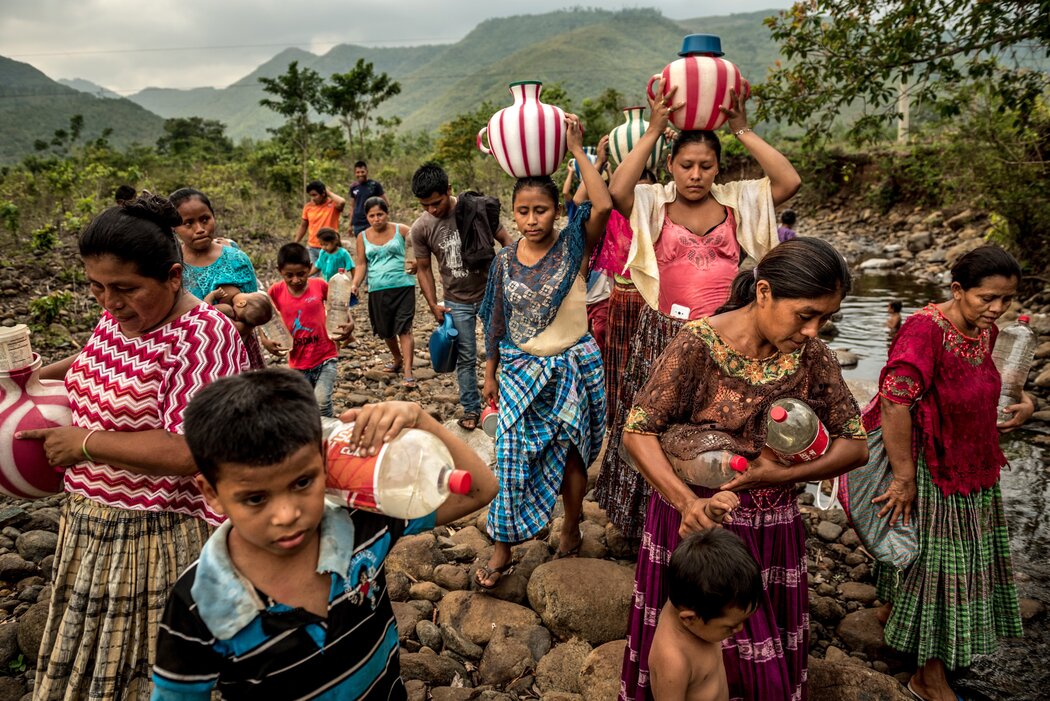Climate change is the defining challenge of our time, and one of its most terrible effects is disaster relocation. Large populations are already suffering the impact, but vulnerable people in some of the world’s most unstable and conflict-ridden nations are frequently disproportionately hit. Furthermore, those who are stateless, IDPs, and refugees are those who are most directly impacted by the climate catastrophe. Many people are residing in climate “hotspots,” where they frequently lack the means to cope with an environment that is becoming more hostile. We need to take action right away to help those who need it most and stop the climate catastrophe’ rising violence.
Climate change can be a threat multiplier, worsening existing tensions and increasing the likelihood of violence. Although, water is one of the few natural resources that is getting progressively harder to find in many refugee-hosting regions of the world. The Global Compact on Refugees states that the causes of refugee movements—climate, environmental degradation, and disasters—are interacting with one other more and more. The UNHCR is devoted to lessening environmental deterioration in contexts where people are displaced and improving the preparedness and resilience of displaced people and host communities to the effects of climate change. however, The purpose of UNHCR is to protect and support those who are forcefully displaced inside their nations and are unable to safely return home. The organisation can send out emergency teams when necessary to assist with registration, documents, family reunion, and the freedom to leave their homes and relocate to different parts of their nations each year. Some people are forced to migrate due to climate change and natural disasters.















